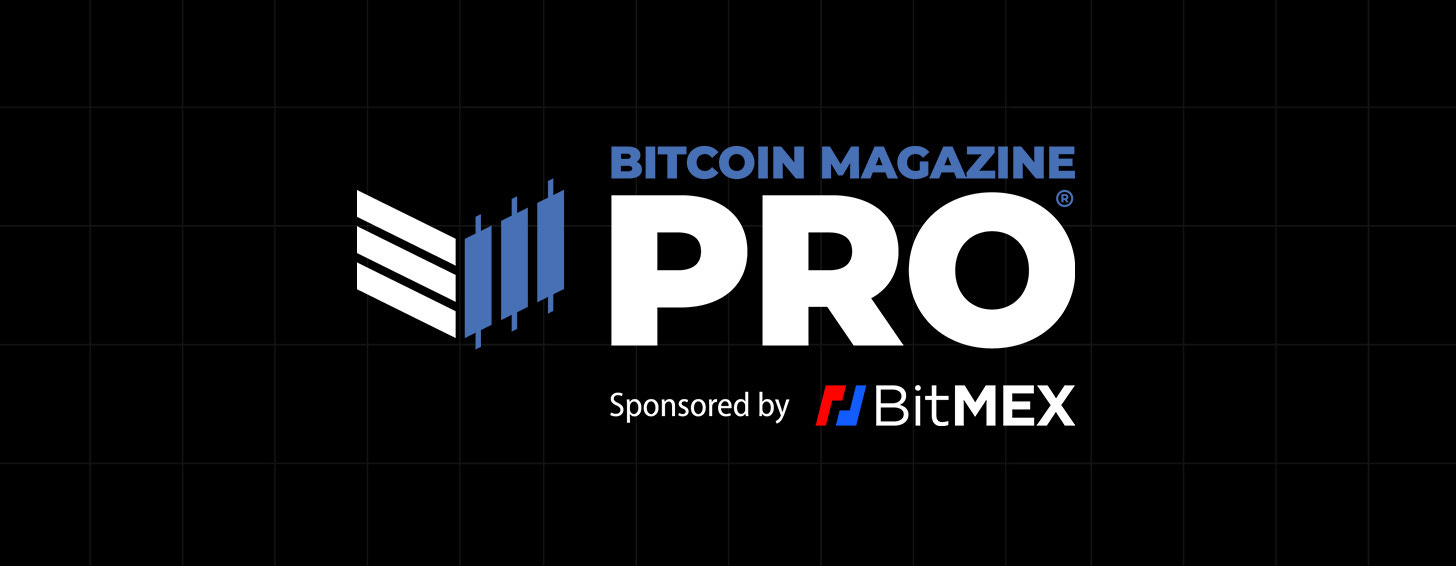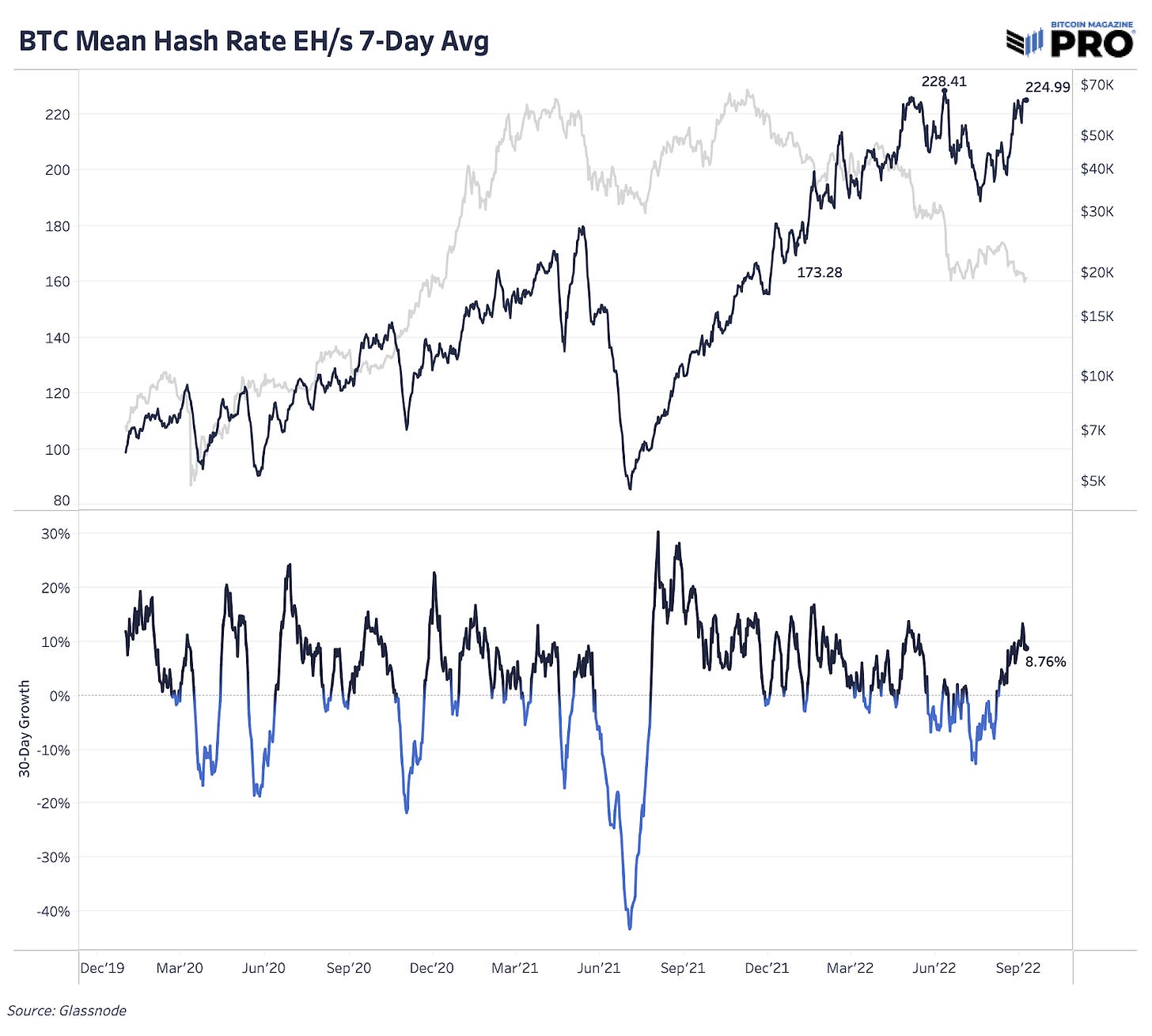Poolin Hash Rate Share Cut In Half
Bitcoin mining pool, Poolin, suspends withdrawals this week and suffers for it. Nearly 50% of their hash rate share looks to have left over the last few days.
Poolin Hash Rate Takes A Hit
A few days ago, one of the largest Bitcoin mining pools, Poolin, suspended withdrawals from their wallet service, PoolinWallet, in an effort to stabilize assets and preserve liquidity. This is significant because: 1) Poolin is a China-based mining pool service, operating in China after the mining ban, and 2) the pool was estimated to have roughly 10% of the hash rate before withdrawals were suspended.
Fortunately, there is a simple response for Bitcoin miners worried about PoolinWallet withdrawals and using their mining pool service: switch to another mining pool, a process that takes seconds (as just one example, miners can instantly switch to Slush Pool and set up auto withdrawals). Switching to another pool won’t unfreeze withdrawals from Poolin but it does provide the hash rate market a mechanism to vote with their ASICs in real time and choose a more competitive global pool.
So far, that’s exactly what we’ve seen over the last few days. A three-month pool distribution view shows Poolin to have had 10.5% of hash rate. The latest three-day view shows that hash rate share has fallen by over half, to 4.83%. A three-day view doesn’t always capture the data with perfect accuracy, but the estimations show a clear trend: hash rate is leaving Poolin at a good clip.
Using Glassnode data, we can take the share of Poolin’s Bitcoin block rewards relative to the total market and estimate their share of hash rate on a daily basis, which is a similar method to the above data. Although volatile, we can see yesterday’s daily hash rate share fall to 5.48%, which is the lowest value since the China mining bad period in 2021.
Total hash rate, using the seven-day moving average, hasn’t moved much at all over the last few days so one assumption is that the hash rate that left Poolin found a new home fairly quickly and stayed online.
One interesting note is that Poolin announced its partnership with Three Arrows Capital back in June of 2020.
Three Arrows Capital & Poolin Wallet Strategic Partnership
While the cause of Poolin’s “liquidity issues,” is not exactly known, if the two firms were still financially interlinked during the fall of Three Arrows Capital amid the crypto industry contagion, that event could certainly have played a factor.
Read: Bitcoin Magazine PRO Contagion Report
In some ways, this is a mini-stress test for the centralization and competition in Bitcoin mining pools. On one hand, over 75% of hash rate is concentrated into five major mining pools, but on the other hand, miners are showing the speed at which they will (and can) shift their hash rate to another service when issues arise. One could reasonably expect that any hash rate pointed to Poolin will redirect to separate mining pools without liquidity concerns. This is the equivalent of an exchange citing liquidity/solvency concerns while leaving withdrawals enabled. Presumably, all funds would leave almost immediately.
Bonus Content: The Financial System Is Breaking w/ Dylan Leclair (Watch Time: 48 minutes)
A common Bitcoin critique is that one entity could just take control of 51% of the network by controlling a couple of large, centralized mining pools. Yet, this is another example to refute that claim, showing that the majority of mining hardware isn’t owned by the mining pools and that having frictionless, near-zero switching costs that direct hash power to another pool is a simple solution.
The takeaways from this issue and the recent Poolin news are the following:
One of the strongest aspects of the Bitcoin network is the decentralization of its physical mining infrastructure. A 51% attack on bitcoin would require control over a massive amount of ASICs, electrical infrastructure and energy(!). It is not as simple as one pool acting dishonestly, as the economic incentive from the physical miners that point their hash power to the pool would be to simply switch to another well-acting, profit-motivated pool.
Miners would be wise to utilize pools that automatically pay out miner rewards rather than use pools that take custody and approve withdrawals. The old adage of “not your keys, not your coins” certainly still applies.
Thank you for reading Bitcoin Magazine Pro, we sincerely appreciate your support! If you found this article useful, please leave a like and let us know your thoughts in the comments section.










They are Poolin your money in their pocket.